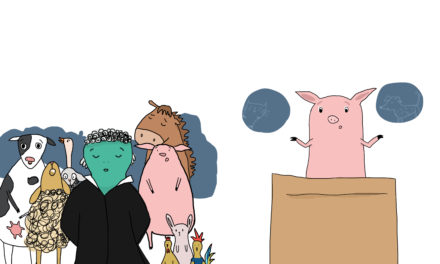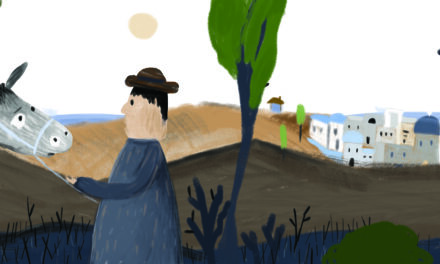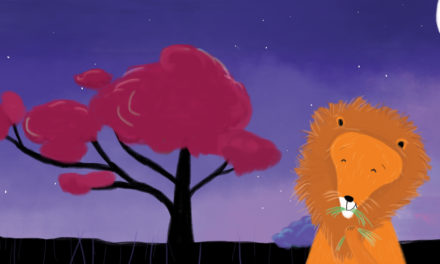How hunting affect the environment?
In the book “The Turtle Who fights For Animal Rights”, wild animals talk about hunting from their own perspective, which is perhaps the most objective. Hunters also have their own perspective according to which they help the animals, while at the same time relaxing and unwinding. Vegans and advocates of animal rights to life do not see how it is reasonable to casually kill sentient beings.
Critics of all kinds of hunting believe that animals have the right to life and that killing animals for sport or food is unjust and inhumane. They view hunting as a cruel practice that causes suffering and death to animals, regardless of the reasons for it. Hunting has been a popular sport and pastime for centuries, with millions of people taking up arms every year to pursue wildlife. While many hunters defend their actions by claiming that they care about the balance of nature, the reality is far from it. In reality, hunting is one of the biggest threats to nature and wildlife, killing millions of animals every year and causing immeasurable harm to the ecosystem. Hunting is an outdated and inhumane practice, and there are many alternative forms of recreation that do not involve the harm or death of animals. There are three main arguments against hunting:
1. Hunting Disrupts Ecosystem Balance
Hunting is often justified as a means of maintaining a healthy balance of nature, but it actually disrupts this delicate balance. The introduction of non-native species for hunting purposes, for example, can lead to overgrazing, disease spreading, and outcompeting of native species. In many parts of the world, animals like deer, elk, and wild boar have been introduced for recreational hunting. However, these species can cause significant damage to the ecosystem. For instance, in Australia, wild deer have become a major pest, causing extensive damage to crops and native vegetation. The overgrazing by these deer can also lead to habitat degradation, which can result in the loss of biodiversity.
Similarly, in the United States, wild boar have become a problem in many areas. These animals cause soil erosion, destroy crops, and compete with native species for food and habitat. The introduction of wild boar has disrupted the delicate balance of nature, leading to negative consequences for the ecosystem and its inhabitants. This demonstrates how hunting, even when carried out with the intention of benefiting nature and wildlife, can have unintended and negative consequences.
2. Hunting Results in Extinction and Overpopulation
Hunting also contributes to the extinction of certain species and the overpopulation of others. The widespread use of hunting as a population control method has not been scientifically proven to be effective and often leads to unintended consequences.
For instance, the decline in predator species like lions due to hunting can result in an increase in their prey populations, causing overgrazing and a decline in biodiversity. This can be seen in African savannas where a decline in lion populations has led to an increase in prey species like antelope and zebra. The overgrazing of these prey species can cause habitat degradation and contribute to the loss of other species in the ecosystem. On the other hand, overhunting of certain species, like elephants for their ivory tusks, can lead to their extinction and upset the balance of the ecosystem. This creates a ripple effect that can impact other species and the health of the entire ecosystem.
In addition, the overpopulation of certain species, like deer, can lead to crop damage and increased competition for food and habitat with native species. This can result in the decline of native species and the loss of biodiversity. The hunting of species for population control purposes may seem like a solution, but it is not a scientifically proven method and often has unintended and harmful consequences for the ecosystem.
3. Hunting Causes Unnecessary Suffering and Death
Every year, hunters kill an estimated five million animals, or 570 every hour. This results in an animal dying every six seconds, simply for the hobby and pleasure of hunting. Aside from the high number of animals killed annually, hunting often leads to immense suffering and pain to its targets. Hunting techniques such as traps, snares, and baiting can lead to extended agony for the animal prior to death. Migratory and mating behaviours are also disrupted, causing added stress and discomfort. Hunting can pose risks to other species in the ecosystem, including humans, especially when hunting large predators such as lions and bears. The loss of life and suffering caused by hunting is unnecessary and can be prevented.
Critics argue that hunting is immoral because it requires intentionally causing harm to innocent creatures. Even those who do not believe that animals should have legal rights acknowledge that many animals are sentient, meaning they have the capacity to experience pain. If it is wrong to cause unwanted pain and death to a sentient being, then hunting is also wrong.

Alternatives to Hunting
Hunting can be replaced by alternative methods of controlling wildlife populations that reduce conflicts, maintain the balance of ecosystems, and protect animals from harm. These methods include birth control, habitat management, relocation, migration management, disease control, and education and awareness. The harm and cruelty caused by hunting to nature and wildlife is unjust and inhumane. If we care about the balance of nature and the well-being of animals, we must use alternative methods that do not involve hunting and killing. It is our responsibility to ensure that nature and animals can thrive without human intervention.













